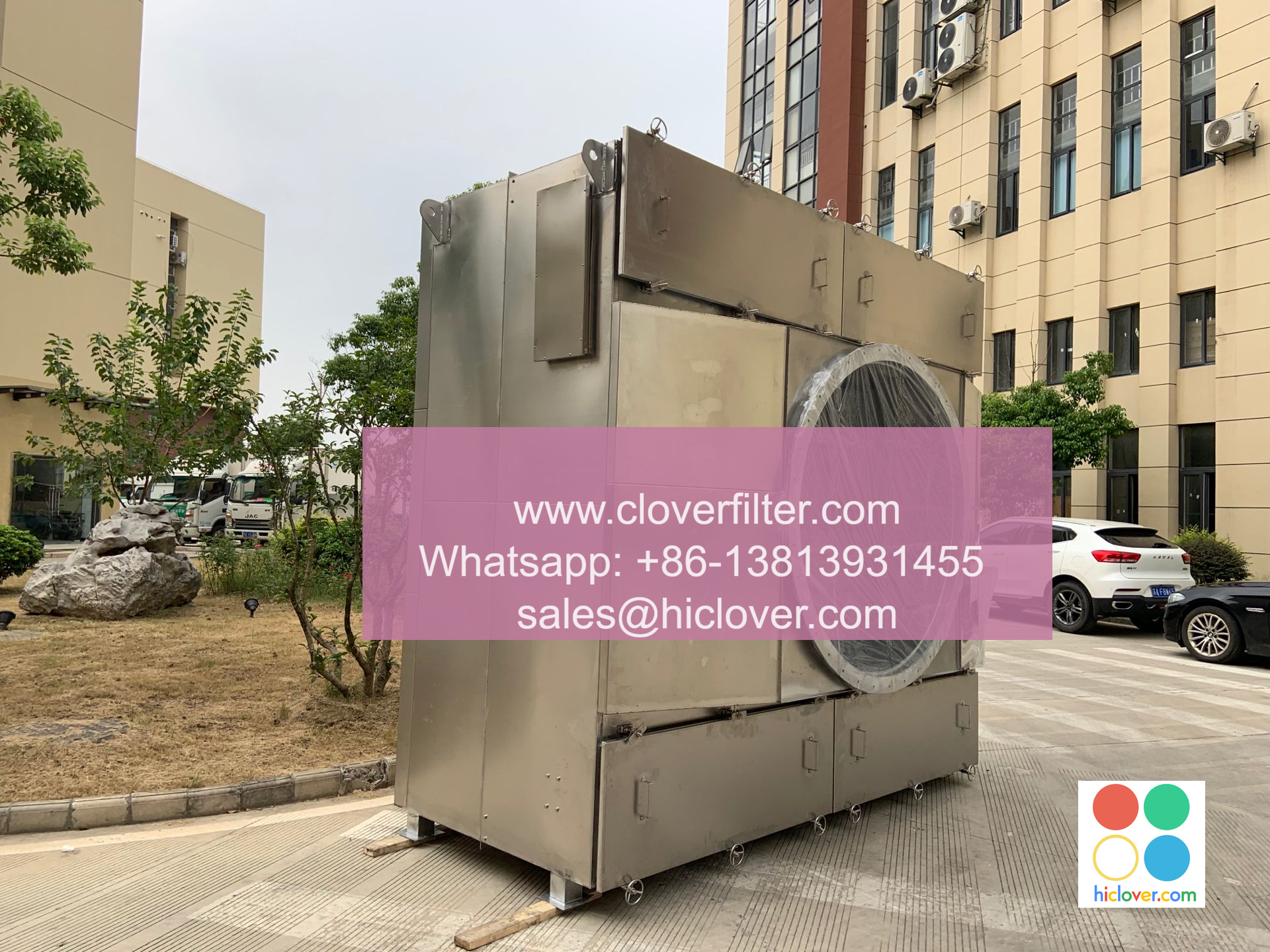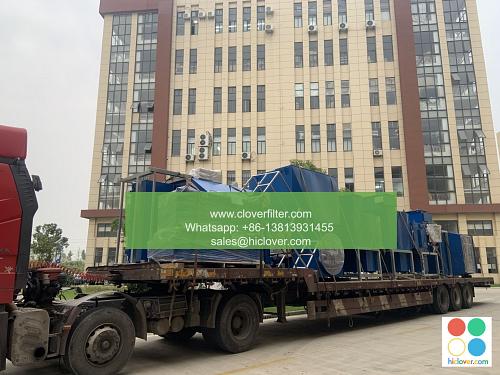Air Filter Technologies: A Shift Towards Sustainability

The increasing awareness of indoor air quality and its impact on human health has led to a significant growth in the demand for air filtration systems. As a result, the air filter industry has witnessed a paradigm shift towards sustainable technologies, focusing on energy efficiency, eco-friendliness, and cost-effectiveness. In this article, we will delve into the latest air filter technologies and their applications in various industries, highlighting the trend towards sustainability and environmental responsibility.
Advanced Filtration Materials
The development of advanced filtration materials has been a crucial factor in the shift towards sustainable air filtration. These materials, such as nanofibers, activated carbon, and zeolites, offer improved filtration efficiency, longer lifespan, and reduced maintenance costs. Additionally, they are often made from recyclable materials or biodegradable sources, minimizing their environmental footprint.
HEPA and Beyond: High-Efficiency Filtration
HEPA (High Efficiency Particulate Air) filters have long been the gold standard in air filtration. However, new technologies have emerged, offering even higher filtration efficiencies and broader spectrum purification. These include ULPA (Ultra Low Penetration Air) filters, paint arrestor filters, and electrostatic precipitators. These advanced filtration systems are finding applications in industrial, commercial, and residential settings, providing clean air and improved indoor air quality.
Smart Air Filtration: IoT and Sensor Technologies
The integration of IoT (Internet of Things) technologies and sensor systems has revolutionized the air filtration industry. Smart air filters can now monitor and adjust to changing indoor air quality conditions, optimizing filtration performance and energy consumption. These intelligent systems can also predict and prevent air quality issues, ensuring a healthier and more comfortable indoor environment.
Applications in Various Industries
The latest air filter technologies are being applied in a wide range of industries, including:
* Healthcare: Hospital air filtration systems are critical for patient health and safety.
* Industrial: Air filtration systems are used in manufacturing, processing, and warehousing to maintain clean air and compliance with regulations.
* Commercial: Office buildings, shopping centers, and hotels rely on air filtration systems to provide a healthy and comfortable indoor environment.
* Residential: Home air filtration systems are becoming increasingly popular, as homeowners seek to
Conclusion
The air filter industry is undergoing a significant transformation, driven by the need for sustainable, energy-efficient, and eco-friendly solutions. As air filter technologies continue to evolve, we can expect to see even more innovative applications in various industries, ultimately leading to a healthier, more sustainable, and environmentally responsible future. You haven’t provided a question or topic for discussion. Please provide more context or information so I can assist you better. What would you like to talk about?

